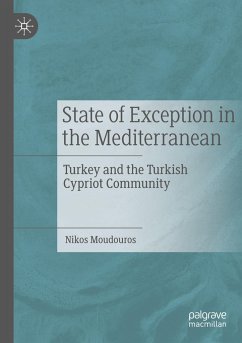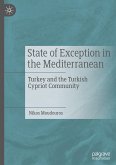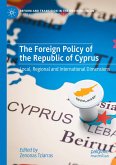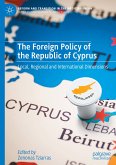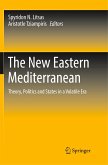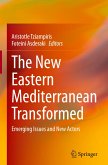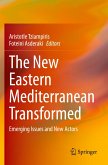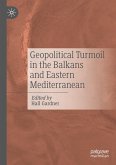This book examines the evolution of the state of exception in which the Turkish Cypriot community has developed and how its relationship with Turkey has been transformed. It aims at a comprehensive understanding of the circumstances which led to the emergence of a Turkish Cypriot state of exception, as well as the procedures which led to the strengthening of resistance against its normalization. For a more comprehensive decoding of the aforementioned, this book studies the presence of Turkey in the everyday life of Turkish Cypriots in the framework of colonial politics. It examines in detail the transformation of the Cypriot space as it resulted from the pursuit for normalization of the state of exception. At the same time, however, this research underlines the ways in which the Turkish Cypriot opposition hinders the normalization of the state of exception through an alternative political program against the partition of Cyprus. The book aims to contribute to the broader academicresearch on states of exception and non-recognized state structures, through analyzing the ruptures caused in the hegemonic project. The research concerns the 1964-2004 period and is mainly, but not entirely, based on a large volume of primary sources.
Bitte wählen Sie Ihr Anliegen aus.
Rechnungen
Retourenschein anfordern
Bestellstatus
Storno

